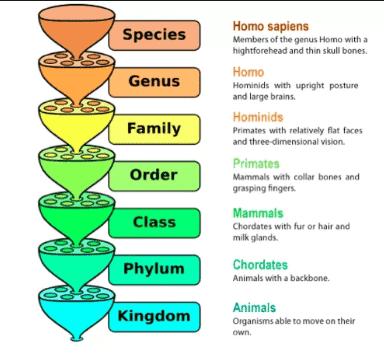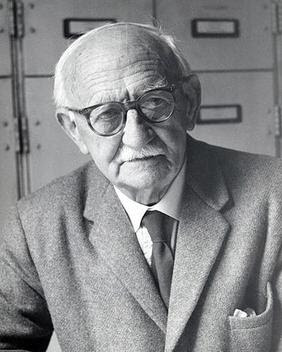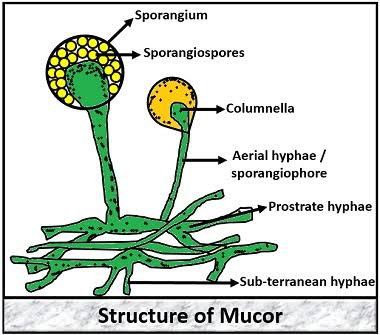Eukaryotes comprise all members of Plantae , Fungi and Animal Kingdoms,including the unicellular fungus Yeast, and protozoans. Eukaryotic cells,like prorkaryotic cells are surrounded by a cell wall.
However,unlike prokaryotic cells, most eukaryotic cells contain internal Membrane bound organelles.
Each sort of organelle plays a singular role within the growth and metabolism of the, cell and every contains a group of enzymes that catalyze requisite chemical reactions.
Eukaryotes comprise all members of Plantae , Fungi and Animal Kingdoms,including the unicellular fungus Yeast, and protozoans. Eukaryotic cells,like prorkaryotic cells are surrounded by a cell wall.
 |
| Source wikipedia |
Additionally to the nucleus, several other organelles are present in nearly all eukaryotic cells, the mitochondria during which the cell's energy metabolism is administered , the rough and smooth endoplasmic reticula, a network of membranes during which proteins and lipids are synthesized and peroxysomes, during which fatty acids and amino acids are degraded Chloroplasts, the location of photosynthesis are found only in plants and some single celled organisms.
Both plant cells and a few single celled eukaryotes contain one or more vacuoles, large, fluid – filled organelles during which nutrients and waste compounds are stored and a few degradative reactions occur. The cytosol of eukaryotic cells contains an array of fibrous proteins collectively called the cytoskeleton.
Cytosol is that the soluble a part of the cytoplasm. it's located between the cell organelles. The plant cell features a rigid cell membrane composed of cellulose and other polymers. The cell membrane contributes to the strength and rigidity of plant cell.
Some familiar prokaryotes are: Bacteria, filamentous bacteria (Actinomycetes) and Cyanobacteria. Some familiar eukaryotes are: Fungi, plants and animals.
















0 Comments
If you have any query let me know.